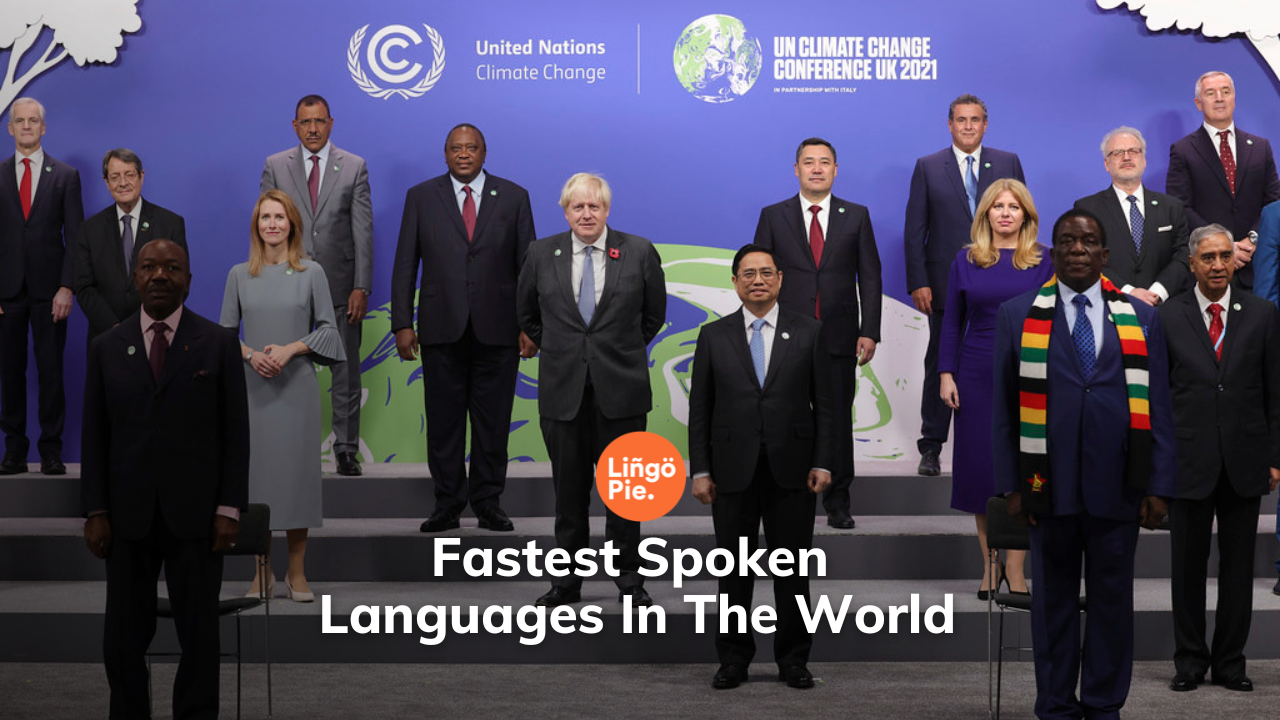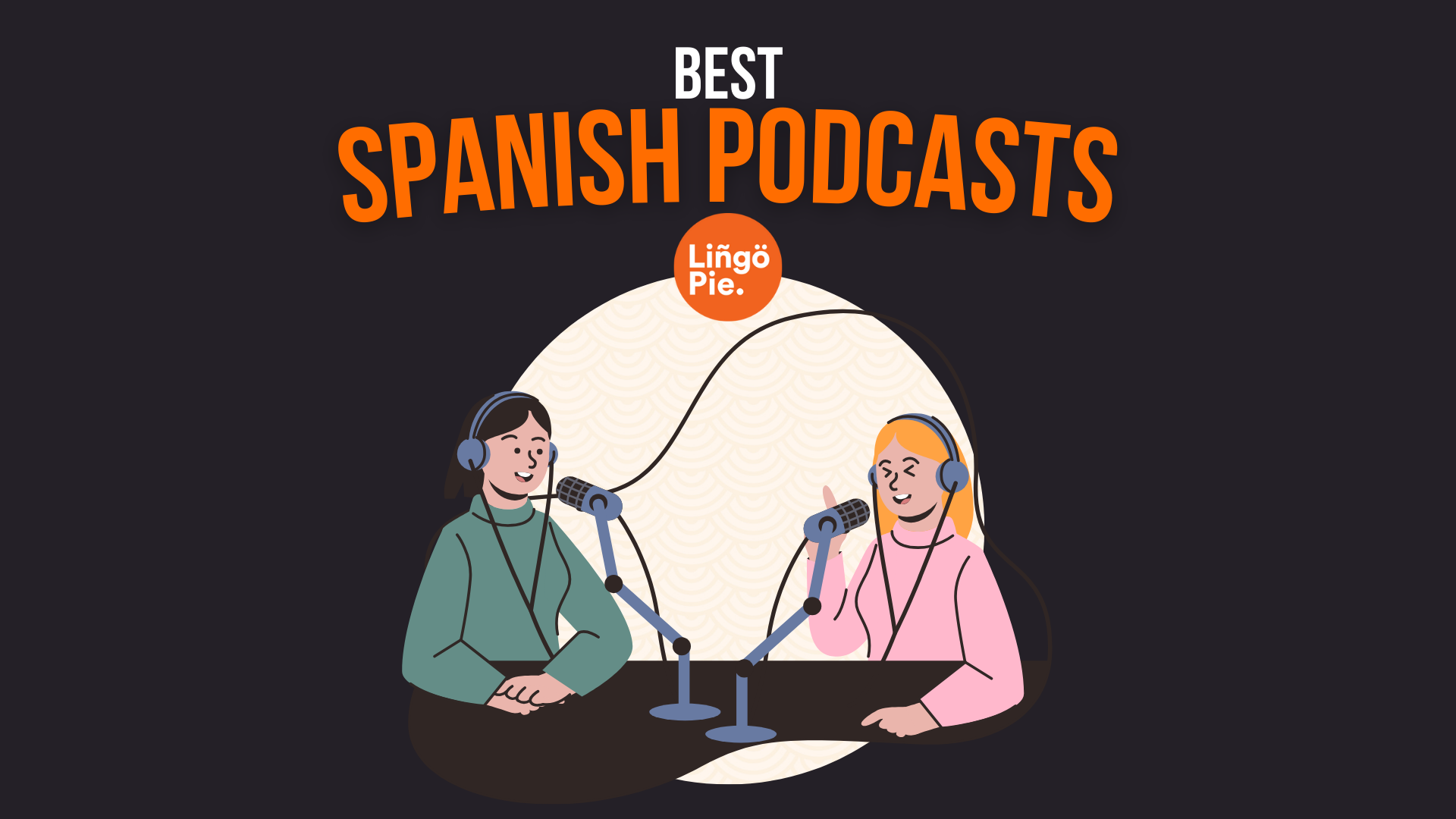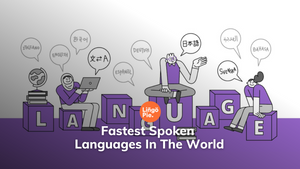In our globalized world, being able to speak multiple languages is a huge advantage, especially for world leaders. It helps them connect with people from different cultures, build stronger international relationships, and handle complex global issues more effectively.
In this blog post, we'll see if the most influential world leaders can speak other languages or only their native language. We'll understand how their language skills have impacted their political careers, helped them in international diplomacy, and allowed them to understand different cultures better.
Table of Contents
Is Multilingualism Important In Leadership?
Popular World Leaders And The Languages They Speak
1. Joe Biden (USA)
2. Emmanuel Macron (France)
3. Angela Merkel (Germany)
4. Xi Jinping (China)
5. Narendra Modi (India)
6. Justin Trudeau (Canada)
7. Vladimir Putin (Russia)
8. Benjamin Netanyahu (Israel)
9. Boris Johnson (UK)
10. Sheikh Mohammed bin Rashid Al Maktoum (UAE)
Final Words
Learn New Languages Through TV Shows With Lingopie!
Is Multilingualism Important In Leadership?
Yes, speaking multiple languages helps leaders communicate better with other countries. They can talk directly with other leaders, building trust and avoiding misunderstandings. This makes international negotiations smoother and more effective.
Knowing different languages helps leaders understand and respect other cultures. It shows they care about different customs and traditions, which can lead to stronger partnerships. Being able to speak someone's language shows respect and helps bridge cultural gaps.
Read Also:

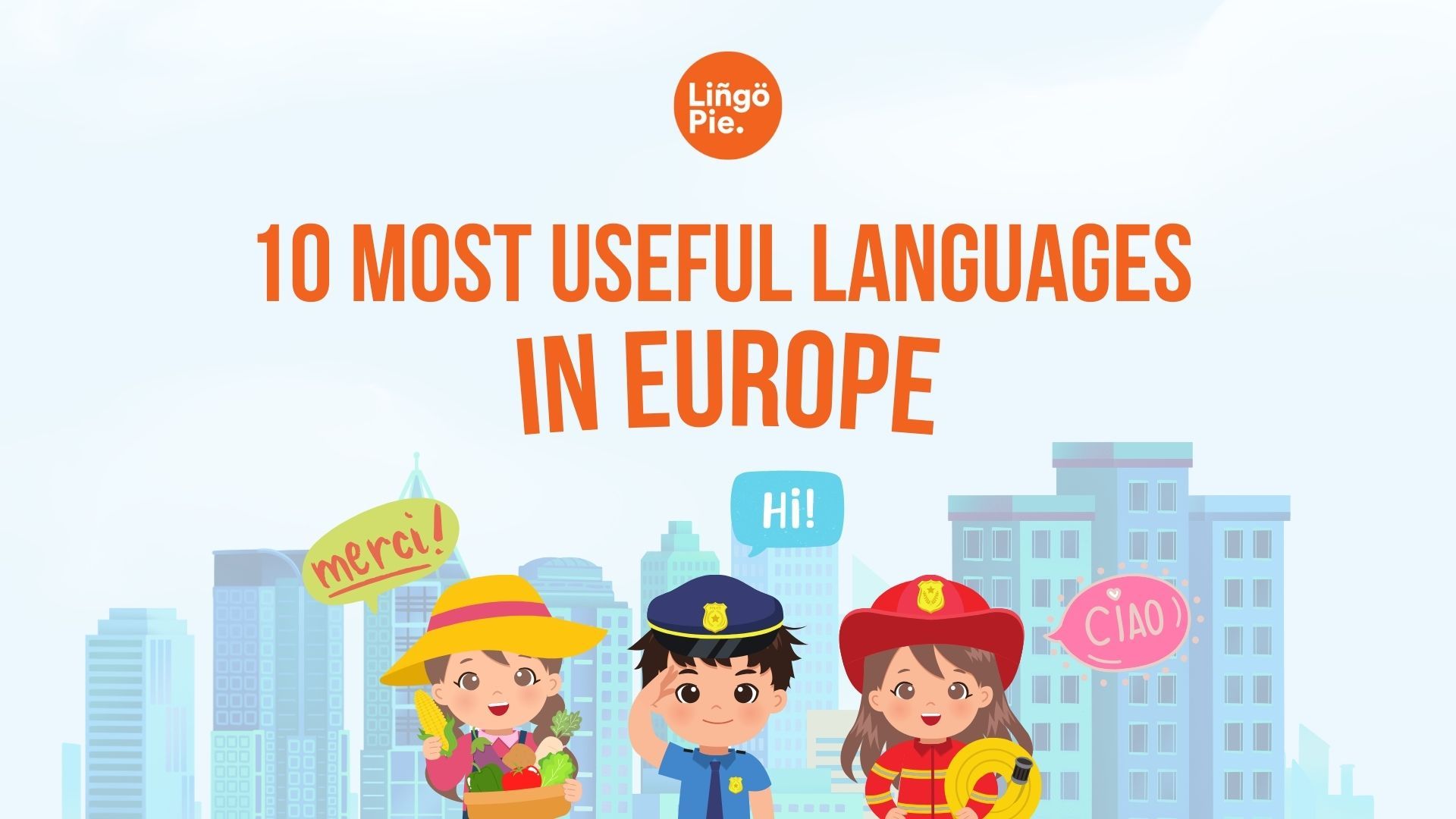
Popular World Leaders And The Languages They Speak

1. Joe Biden (USA)
Languages: English (native), some Spanish
Brief Biography: Joe Biden, born on November 20, 1942, in Scranton, Pennsylvania, is the 46th President of the United States, having assumed office on January 20, 2021. Before his presidency, Biden served as Vice President from 2009 to 2017 under President Barack Obama and represented Delaware in the U.S. Senate from 1973 to 2009. He has a long history of public service and a strong focus on domestic and foreign policy issues.
Impact of His Linguistic Skills: While English is Biden's native language, he has made efforts to speak Spanish during his political career. His use of Spanish, though not fluent, is a strategic tool to connect with the growing Hispanic population in the United States. This effort to address Spanish-speaking citizens in their language demonstrates his commitment to inclusivity and helps build trust and rapport within this important demographic. Additionally, Biden's attempts to communicate in Spanish during international visits to Spanish-speaking countries show respect and foster better diplomatic relations. His multilingual efforts, although limited, contribute to his image as a leader who values diversity and cross-cultural communication.

2. Emmanuel Macron (France)
Languages: French (native), English, Spanish
Brief Biography: Emmanuel Macron, born on December 21, 1977, in Amiens, France, is the President of France, having assumed office on May 14, 2017. Before his presidency, Macron served as Minister of the Economy, Industry, and Digital Affairs. He founded the political movement La République En Marche! and won the 2017 presidential election with a platform of economic reform and European integration.
Impact of His Linguistic Skills: Macron's proficiency in English and Spanish has significantly benefited his political career and international diplomacy. Fluent in English, he effectively communicates with leaders from English-speaking countries, strengthening France's diplomatic ties with the United States, the United Kingdom, and other English-speaking nations. His ability to speak Spanish allows him to engage with leaders and citizens in Spanish-speaking countries, fostering closer relationships with Latin America and Spain. Macron's multilingualism showcases his commitment to international cooperation and cultural understanding, enhancing his image as a global leader.
3. Angela Merkel (Germany)
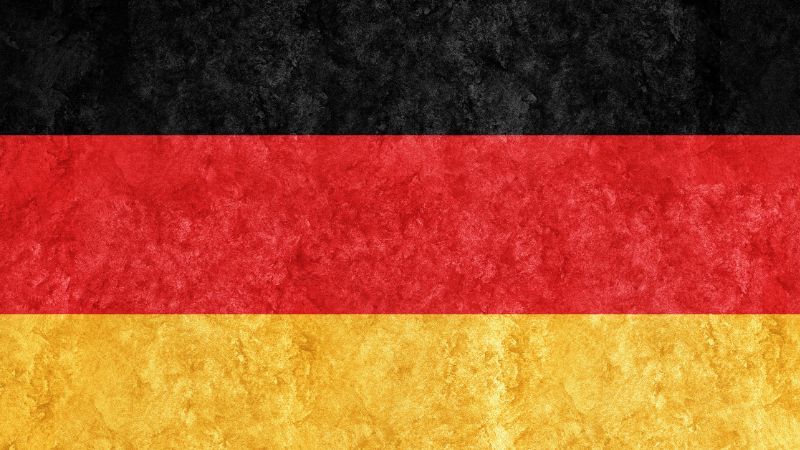
Languages: German (native), English, Russian
Brief Biography: Angela Merkel, born on July 17, 1954, in Hamburg, Germany, served as the Chancellor of Germany from 2005 to 2021. Before her tenure as Chancellor, she held various political positions, including Minister for the Environment, Nature Conservation, and Nuclear Safety. Merkel is widely recognized for her pragmatic leadership style and her role in strengthening the European Union. She has a background in physical chemistry, having earned a doctorate in the field.
Impact of Her Linguistic Skills: Merkel's proficiency in English and Russian has played a crucial role in her international diplomacy. She often used English in her communications with leaders from English-speaking countries, which helped her build strong relationships with key allies such as the United States and the United Kingdom. Her knowledge of Russian, acquired during her youth in East Germany, allowed her to engage directly with Russian leaders, including Vladimir Putin. This linguistic ability was particularly valuable during tense negotiations, as it facilitated more direct and nuanced communication. Merkel's multilingual skills enabled her to navigate complex diplomatic landscapes and contributed to her reputation as a respected global leader.
4. Xi Jinping (China)
Languages: Mandarin Chinese (native), some English
Brief Biography: Xi Jinping, born on June 15, 1953, in Beijing, China, has been the General Secretary of the Communist Party of China since 2012 and the President of China since 2013. He is considered one of the most powerful leaders in the world, overseeing significant economic and geopolitical developments in China.
Impact of His Linguistic Skills: Mandarin Chinese is pivotal in global politics due to China's rising influence. Xi Jinping's fluency in Mandarin strengthens his leadership within China. While his English proficiency is limited, he engages in English-language discussions at international events, showcasing China's commitment to global dialogue. Xi's multilingualism underscores China's diplomatic approach and reinforces his role on the world stage.
5. Narendra Modi (India)
Languages: Hindi (native), Gujarati, English
Brief Biography: Narendra Modi, born on September 17, 1950, in Vadnagar, India, is the Prime Minister of India since May 26, 2014. Prior to his premiership, he served as the Chief Minister of Gujarat. Modi's leadership is characterized by his effective communication strategies.
Impact of His Linguistic Skills: Modi's fluency in Hindi connects him with the majority of Indian citizens, while his command of Gujarati strengthens his bond with his home state of Gujarat. Additionally, his proficiency in English facilitates effective communication on the global stage, enhancing India's international representation. Overall, Modi's linguistic skills enable him to communicate with diverse audiences, reflecting his commitment to inclusivity and effective leadership.
6. Justin Trudeau (Canada)
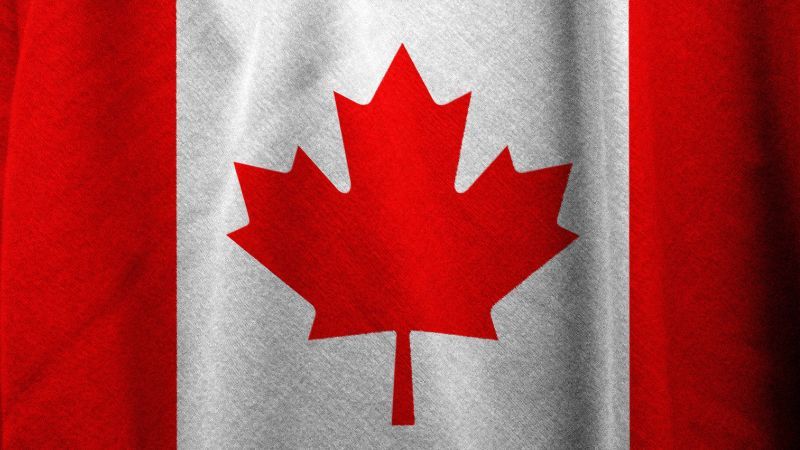
Languages: English (native), French (native)
Brief Biography: Justin Trudeau, born on December 25, 1971, in Ottawa, Canada, has been the Prime Minister of Canada since November 4, 2015. He is the leader of the Liberal Party of Canada and the son of former Prime Minister Pierre Trudeau. Trudeau's political career is marked by his emphasis on diversity, inclusion, and progressive policies.
Impact of His Linguistic Skills: Canada is officially bilingual, with English and French recognized as the country's two official languages. Trudeau's fluency in both languages reflects Canada's linguistic diversity and cultural heritage. His ability to communicate effortlessly in English and French allows him to connect with Canadians from all regions of the country, regardless of their linguistic background. Trudeau's commitment to bilingualism underscores his dedication to unity and inclusivity within Canada, emphasizing the importance of embracing linguistic diversity as a source of strength and national identity.
7. Vladimir Putin (Russia)
Languages: Russian (native), German, some English
Brief Biography: Vladimir Putin, born on October 7, 1952, in Leningrad (now Saint Petersburg), Russia, has been a prominent figure in Russian politics for decades. He served as President of Russia from 1999 to 2008, Prime Minister from 1999 to 2000 and again from 2008 to 2012, and President again since 2012. Putin's leadership is characterized by his assertive foreign policy and consolidation of power within Russia.
Impact of His Linguistic Skills: Putin's proficiency in German has facilitated communication and diplomatic engagements with German-speaking leaders and representatives. Germany is one of Russia's key partners in Europe, and Putin's ability to converse in German has enabled him to establish rapport and conduct negotiations more effectively with German counterparts. His knowledge of German may have also played a role in informal discussions and interactions during international summits and meetings, allowing for more nuanced exchanges and understanding between Russian and German officials. Overall, Putin's linguistic skills in German contribute to his diplomatic toolkit, enhancing Russia's diplomatic relations with German-speaking countries and influencing outcomes in international negotiations.
8. Benjamin Netanyahu (Israel)
Languages: Hebrew (native), English, some French
Brief Biography: Benjamin Netanyahu, born on October 21, 1949, in Tel Aviv, Israel, is a prominent Israeli politician who has served multiple terms as Prime Minister.
Impact of His Linguistic Skills: Netanyahu's fluency in English has strengthened Israel's ties with the United States and enhanced his effectiveness in international diplomacy. His ability to communicate directly with American leaders facilitates cooperation on key issues, while his English proficiency allows him to engage with global audiences, amplifying Israel's voice on the world stage.
9. Boris Johnson (UK)

Languages: English (native), some French, Latin, Ancient Greek
Brief Biography: Boris Johnson, born on June 19, 1964, in New York City, United States, is a British politician who has served as Prime Minister of the United Kingdom since July 24, 2019. He previously served as Mayor of London from 2008 to 2016 and Member of Parliament for Uxbridge and South Ruislip since 2015. Johnson is known for his charismatic leadership style and his involvement in the Brexit referendum.
Impact of His Linguistic Skills: Johnson's classical education, including his proficiency in Latin and Ancient Greek, has influenced his intellectual background and rhetorical style. While his fluency in French may not be as advanced as his other languages, his knowledge of the language has been useful in diplomatic contexts, particularly in interactions with French-speaking leaders and during European Union negotiations. Johnson's ability to engage in French conversations demonstrates his commitment to effective communication and his appreciation for linguistic diversity in international relations.
10. Sheikh Mohammed bin Rashid Al Maktoum (UAE)
Languages: Arabic (native), English.
Brief Biography: Sheikh Mohammed bin Rashid Al Maktoum, born on July 15, 1949, in Dubai, UAE, serves as the Vice President and Prime Minister of the UAE and ruler of Dubai. He is known for his transformative leadership in diversifying the UAE's economy and promoting innovation.
Impact of His Linguistic Abilities: Sheikh Mohammed's fluency in Arabic connects him with Emirati citizens, while his proficiency in English allows him to engage with the international community. His ability to communicate effectively in both languages facilitates domestic governance and international diplomacy, showcasing the UAE's global influence and fostering partnerships worldwide.
Read Also:

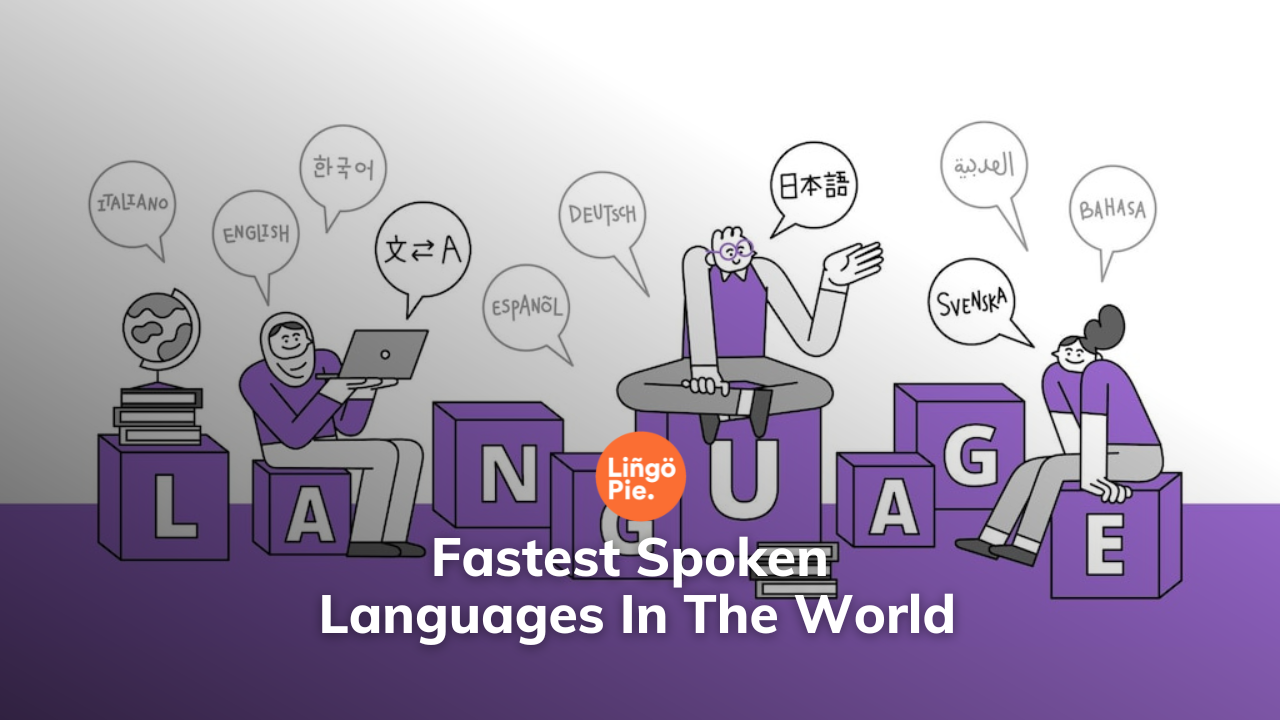
Final Words
The diverse language abilities of world leaders highlight how important it is for leaders to speak multiple languages. Whether it's Macron's English and Spanish, Merkel's German, or Putin's proficiency in German, these skills help leaders connect, negotiate, and influence on a global scale. Looking ahead, multilingualism will continue to be crucial in fostering cooperation and understanding between countries. So, let's embrace language learning—it's not just about personal growth, but also about building a more connected and inclusive world.
Learn New Languages Through TV Shows With Lingopie!
Who says learning can’t be fun? Grab some popcorn and immerse yourself in foreign films or binge-watch TV shows. That's the mission of Lingopie, making language learning fun and immersive!
Lingopie makes learning a new language fun and effective by using real TV shows, movies, and documentaries. It offers interactive subtitles, so you can click on any word to get an instant translation and pronunciation.
Download Lingopie from the App Store or Play Store now and get a FREE 7-day trial!


